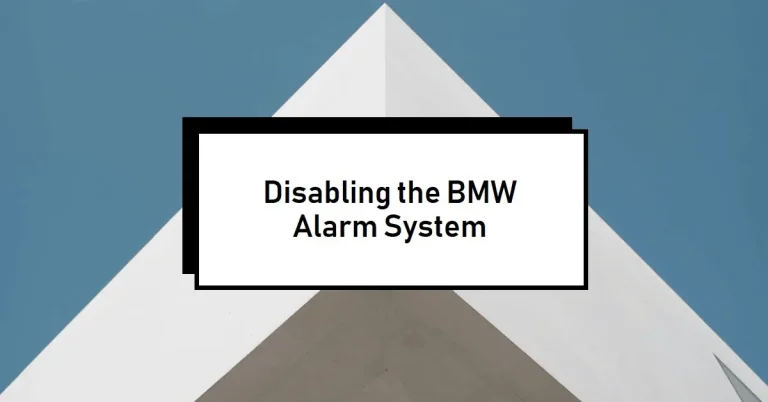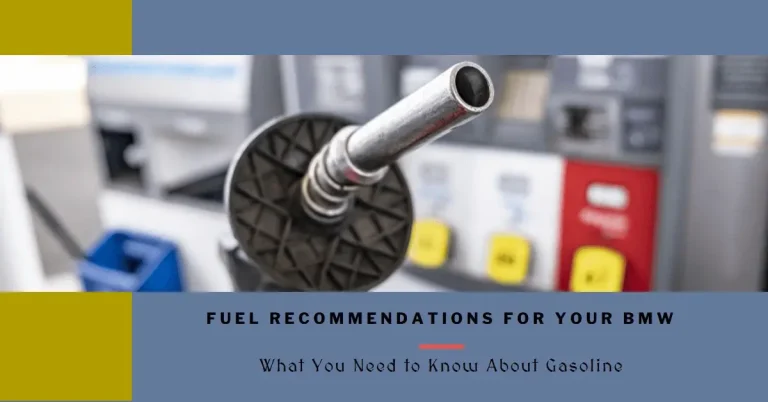Why is My BMW Shaking While Driving? Causes & Solutions
Have you noticed your BMW trembling or vibrating while you’re out on the road? A shaking vehicle can be unsettling and may indicate an underlying issue that needs attention. In this comprehensive guide, we’ll explore the most common reasons why your BMW might be shaking and what you can do to address the problem.
What Causes a BMW to Shake?
Several factors can contribute to a shaky ride in your BMW. Some of the most prevalent causes include:
- Unbalanced or Worn Tires
- Warped Brake Rotors
- Faulty Wheel Bearings
- Suspension Issues
- Bent Axles or Driveshafts
- Engine Misfires
- Loose or Damaged Motor Mounts
- Brake Issues
Let’s dive deeper into each of these potential culprits and understand how they can impact your driving experience.
Unbalanced or Worn Tires
Tires play a crucial role in ensuring a smooth ride. If your tires are worn or unbalanced, they can cause significant vibrations, especially at higher speeds.
Signs of Unbalanced or Worn Tires
- Shaking or trembling in the steering wheel
- Vibrations felt through the seats or floor
- Uneven tread wear on tires
- Noticeable vibrations at specific speed ranges (e.g., 50-60 mph)
What to Do
If you suspect your tires are the source of the shaking, it’s essential to have them inspected and balanced or replaced if necessary. Tire balancing can often resolve minor vibrations, but severely worn or damaged tires may need to be replaced.
Warped Brake Rotors
Brake rotors play a vital role in your BMW’s braking system. Over time, they can become warped or unevenly worn, leading to a pulsating sensation when braking.
Signs of Warped Brake Rotors
- Shaking or vibrations felt through the steering wheel when braking
- Pulsating brake pedal when applied
- Squeaking or grinding noises when braking
What to Do
If your brake rotors are warped, they will need to be resurfaced or replaced. This is a job best left to a professional mechanic or a BMW service center to ensure proper brake functionality and safety.
Faulty Wheel Bearings
Wheel bearings are essential components that allow your wheels to spin smoothly. When they wear out or fail, they can cause significant vibrations and potential safety hazards.
Signs of Faulty Wheel Bearings
- Humming or growling noises, especially when turning
- Vibrations felt through the steering wheel or seats
- Uneven tire wear
What to Do
If you suspect faulty wheel bearings, it’s crucial to have them inspected and replaced as soon as possible. Continuing to drive with failing bearings can lead to more extensive damage and potentially dangerous situations.
Suspension Issues
Your BMW’s suspension system is designed to provide a smooth and comfortable ride. However, worn or damaged suspension components can lead to excessive vibrations and shaking.
Signs of Suspension Issues
- Bouncing or excessive body roll when cornering
- Uneven tire wear
- Unusual noises when going over bumps or dips
What to Do
Suspension issues can range from worn shocks or struts to damaged control arms or bushings. It’s essential to have a professional mechanic inspect your suspension system to identify and address any problems.
Bent Axles or Driveshafts
Axles and driveshafts are responsible for transferring power from your engine to the wheels. If these components are bent or damaged, they can cause significant vibrations and shaking.
Signs of Bent Axles or Driveshafts
- Shaking or vibrations, especially at higher speeds
- Unusual noises or clunking sounds when accelerating or decelerating
What to Do
Bent axles or driveshafts will need to be repaired or replaced by a qualified mechanic. Continuing to drive with these issues can lead to further damage and potential safety concerns.
Engine Misfires
Engine misfires can occur due to various issues, such as faulty spark plugs, ignition coils, or fuel injectors. These misfires can cause your engine to run rough and lead to shaking or vibrations.
Signs of Engine Misfires
- Shaking or vibrations, especially when accelerating
- Reduced power or poor acceleration
- Check engine light illuminated
What to Do
If you suspect an engine misfire, it’s essential to have your BMW diagnosed by a professional mechanic or dealer. They can use diagnostic tools to identify the root cause and recommend the appropriate repairs.
Loose or Damaged Motor Mounts
Motor mounts are designed to secure your engine in place and absorb vibrations. If these mounts become loose or damaged, they can allow excessive engine movement, resulting in shaking or vibrations.
Signs of Loose or Damaged Motor Mounts
- Shaking or vibrations felt throughout the vehicle, especially when accelerating or idling
- Unusual noises or clunking sounds when accelerating or decelerating
What to Do
Replacing damaged or worn motor mounts is typically a straightforward repair. However, it’s best to have a professional mechanic handle this job to ensure proper installation and alignment.
Brake Issues
In addition to warped rotors, other brake-related issues can contribute to shaking or vibrations in your BMW. These may include stuck calipers, worn brake pads, or other brake component problems.
Signs of Brake Issues
- Shaking or vibrations felt through the steering wheel or brake pedal when braking
- Unusual noises or grinding when braking
- Uneven brake pad wear
What to Do
If you suspect brake-related issues, it’s crucial to have your BMW inspected by a qualified mechanic as soon as possible. Brake problems can compromise your safety and should be addressed promptly.
When to Seek Professional Help
While some minor vibrations or shaking may not seem concerning, it’s essential to address these issues promptly. Ignoring them can lead to further damage and potentially costly repairs down the line.
If you experience any of the following, it’s recommended to seek professional assistance from a BMW service center or a qualified mechanic:
- Severe or persistent shaking or vibrations
- Unusual noises or clunking sounds
- Warning lights illuminated on the dashboard
- Reduced vehicle control or handling issues
Attempting to diagnose and repair complex issues yourself can be risky and may lead to further problems. Always prioritize your safety and that of others on the road by seeking professional help when needed.
Conclusion: Maintaining Your BMW for a Smooth Ride
A shaking BMW can be a sign of various underlying issues, ranging from simple tire balancing to more complex suspension or engine problems. By being attentive to the signs and seeking professional assistance when needed, you can ensure your BMW remains in top condition and provides a smooth, enjoyable driving experience.
Regular maintenance, such as tire rotations, brake inspections, and suspension checks, can help prevent many of these issues from occurring in the first place. Additionally, addressing any concerns promptly can prevent minor problems from escalating into more significant and costly repairs.
Remember, your safety and the safety of others on the road should always be the top priority. If you ever feel unsafe or unsure about the condition of your BMW, don’t hesitate to have it inspected by a qualified professional.
By following these guidelines and addressing any shaking or vibrations promptly, you can enjoy many miles of smooth, comfortable driving in your BMW.







